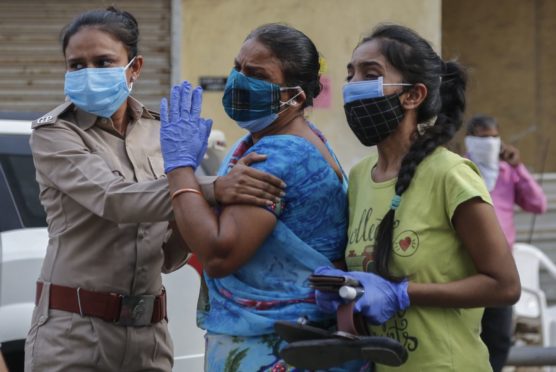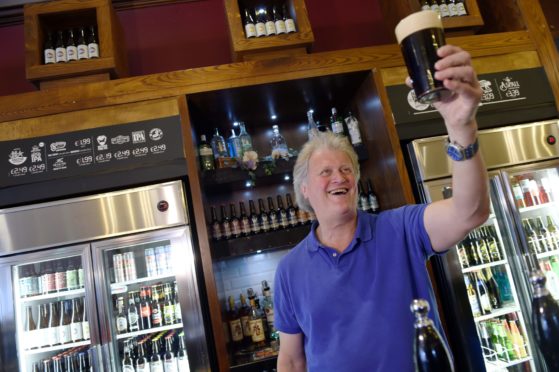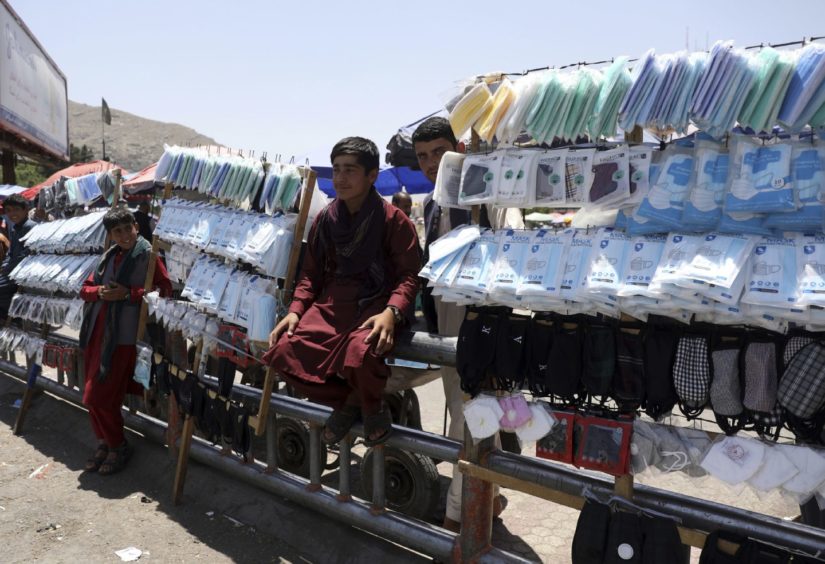The social activist, Naomi Klein, once coined the term “disaster capitalism” to describe the way governments use natural disasters and social unrest to implement controversial policies.
Shock and awe. As the explosions thunder overhead and the sky crackles with electricity, the population is too emotionally and physically preoccupied to protest. It’s diversion tactics.
“Look! Over there!”
As everyone rushes to the front door, they fail to hear the click of the back door latch.
There is similar subterfuge going on during Covid: what I would call “pandemic morality”. Pandemic morality is all about appearing to do something for someone else while really doing it for yourself.
The façade of responding compassionately
It’s about the façade of responding compassionately – with a social conscience, even – to ameliorate and equalise the effects of global disaster, while really caring only about ensuring that number one is safe, vaccinated, housed, fed, watered and employed.
With a TV set on which to watch the unfolding disaster in India while munching on a 20% off Just Eat chicken biryani.
(Oh, thanks, Just Eat. I appreciate your Covid “contribution”, but maybe you could give it to your zero hours delivery workers, if you really have a heart.)
Clap for the NHS? Excellent, because, dear nurses, applause is all you’re getting. You wouldn’t be greedy enough to want a decent pay rise as well as our cheesily expressed gratitude, would you?
And while we are on this ethical mayhem, don’t you just love Wetherspoon’s Tim Martin, enthusiastic Brexiteer, suddenly demanding less restrictive immigration laws so that, post-Covid restrictions, he can use foreign workers in his cut-price chain of pubs?
Let me explain how your X worked on that ballot sheet, Timothy.
Who was the eviction ban really protecting?
Then there’s the eviction embargo that has prevented tenants from being made homeless during the pandemic.
A moral stance, you might think, along with sweeping up homeless people from the streets and putting them up in hotels and hostels.
Except, who was that to protect? The homeless? Or the rest of us? The answer was confirmed last week when the ban on evictions was lifted.
One of the first features I wrote as a journalist was about a family being evicted. The memory remains: the father breaking down in the hall; two pale-faced, fearful-eyed kids watching silently as strangers with clipboards walked through their house.
They all piled into their banger of a car, what was left of their possessions crammed in corners, uncertain where they would spend the night.
Covid or not, it was a brutal business.
And now look where we are.
None of those socially responsible policies were really about anything other than protecting ourselves
In August last year British stalwarts Marks & Spencer announced a planned 7,000 job cuts – the tip of a recessional iceberg that, we are warned, will be the most entrenched on record.
Allowing evictions in that climate suggest none of those socially responsible policies were really about anything other than protecting ourselves.
We’re well into the vaccination programme now – just chuck them out. We’re safe. Who cares if they are?
So much for moral duty
Ah yes, the vaccination programme. A cross-party group of MPs has called on the UK Government to share vaccines with poor countries, saying it’s their “moral duty”.
Of course it is. But help for poor countries seems to come from the Tim Martin Handbook of International Aid.
The chair of the group says that the public won’t be safe until the success of the UK vaccination programme is matched across the world. Meanwhile, “we will continue to be at the mercy of new Covid variants here at home.”
There we have it: pandemic morality. We’ll do this for you because, ultimately, it’s good for us.
The pharmaceutical companies would like to be seen as saviours, rushing to society’s Covid rescue – is that the front door bell ringing? – while specialist drugs for sick babies cost over £1 million per dose.
Are we all so caught up in ourselves that we barely protest about aid, or the reintroduction of evictions, or the fact that we grabbed everything the NHS offered but are now suffering national amnesia? Must be a vaccine side effect.
What a thought
The evolution of human ethical thought – or moral philosophy – is an interesting but complex area, from Socrates and Aristotle onwards.
There are so many contradictory schools of thought about whether actions, consequences or motives are most important when determining the rights and wrongs of anything.
But if ethical thought is an indication of how developed and sophisticated a society is, what does it say about ours that all analysis seems to be reduced to one single thought: “What’s in it for me?”
Catherine Deveney is an award-winning investigative journalist, novelist and television presenter


